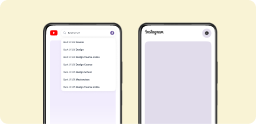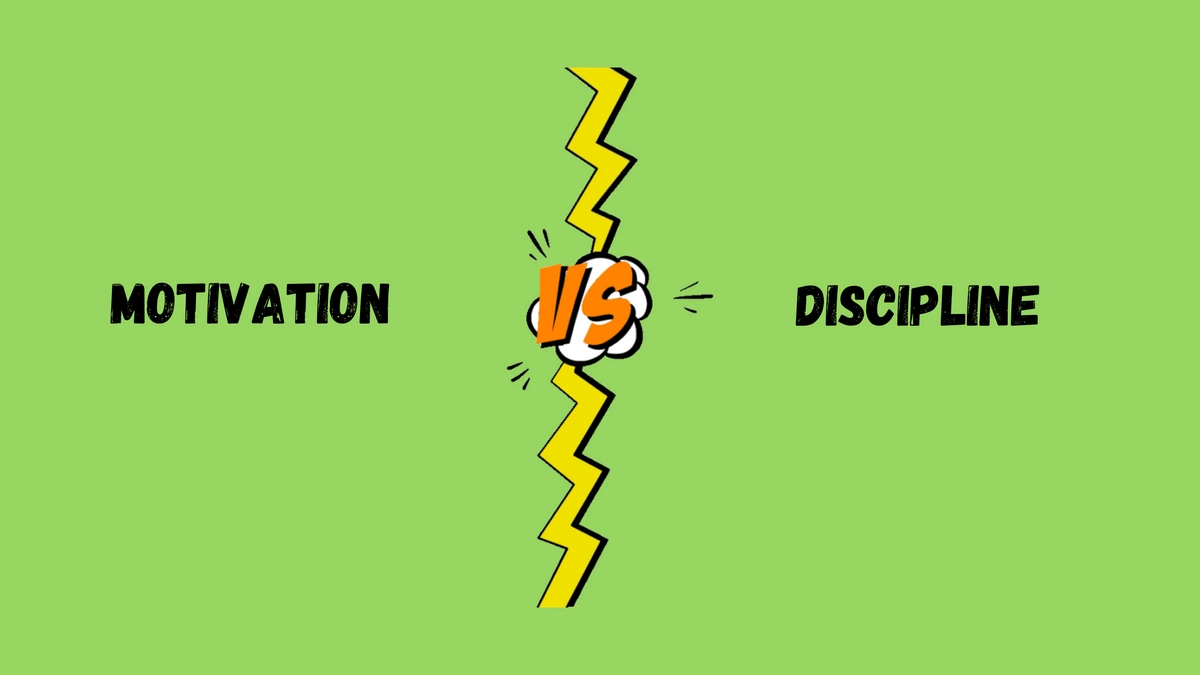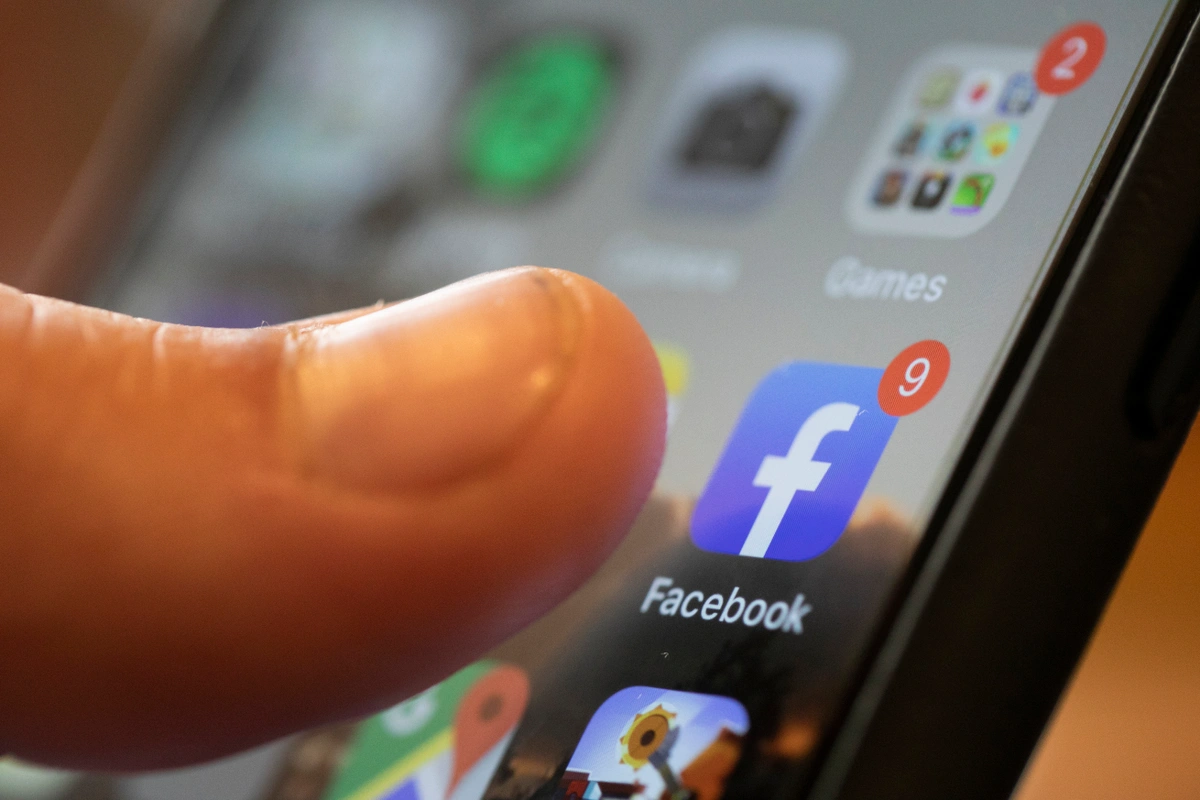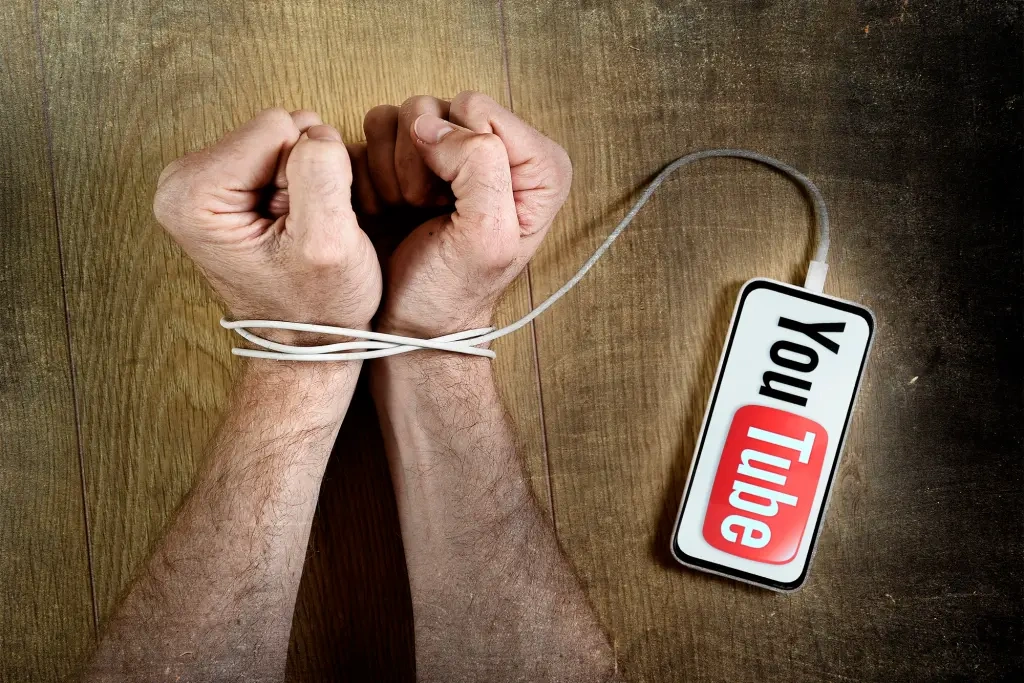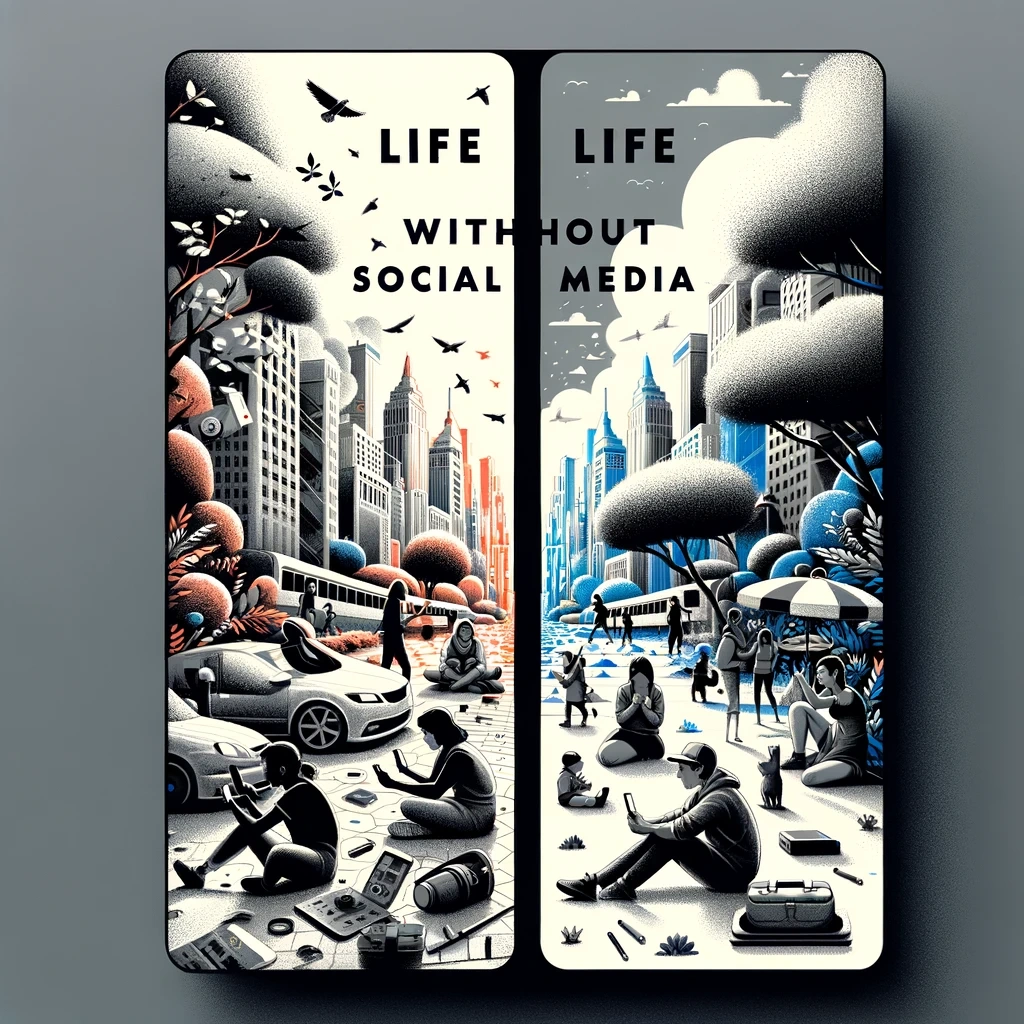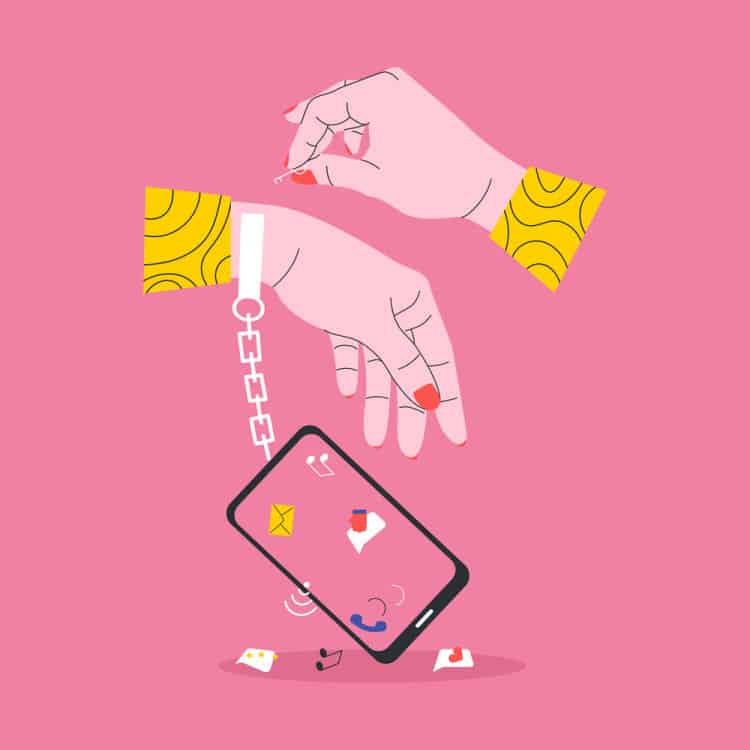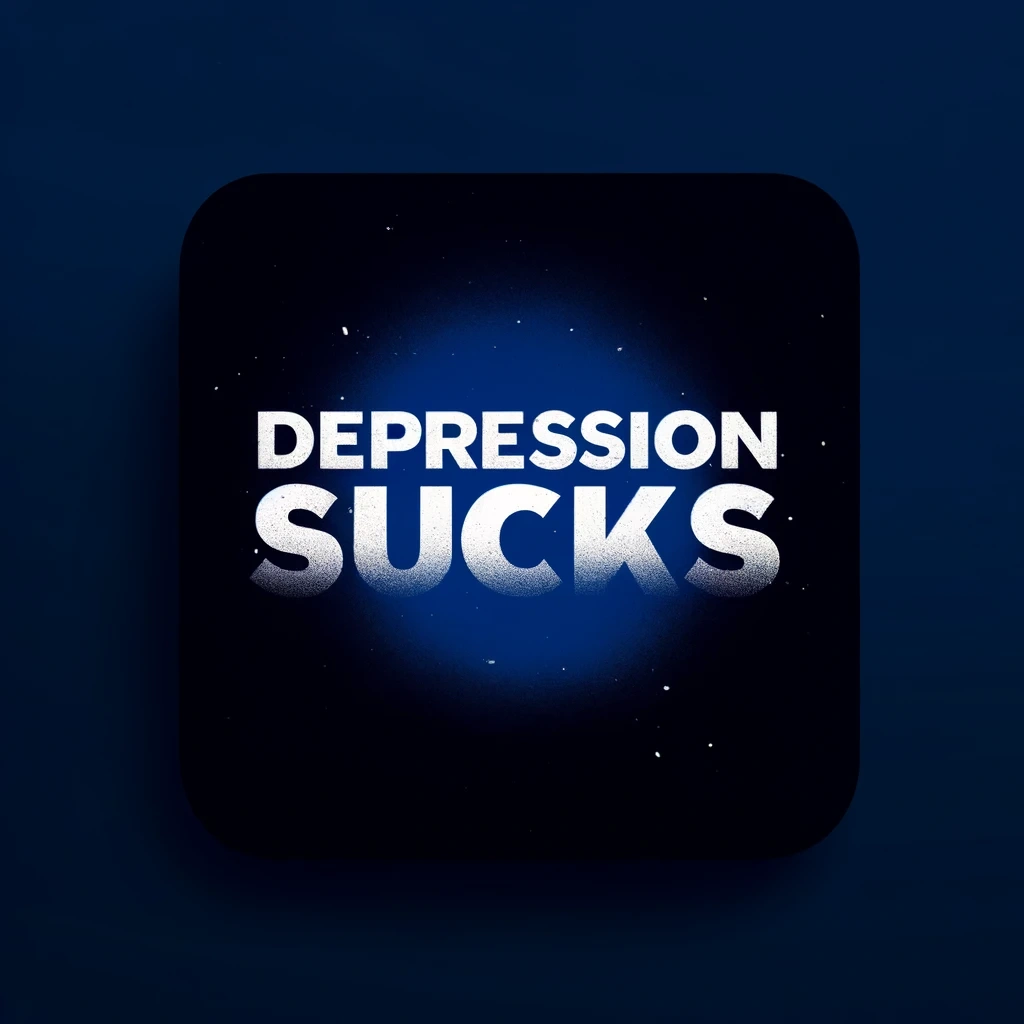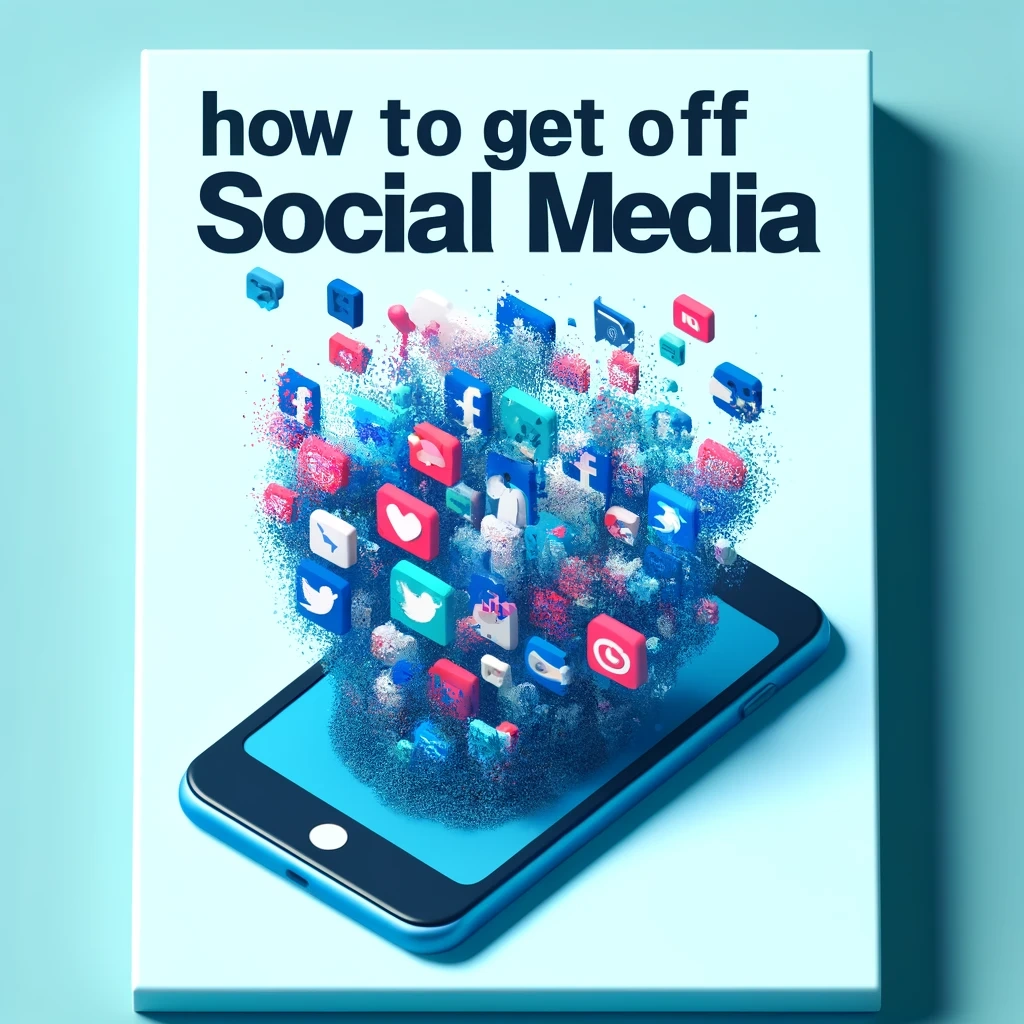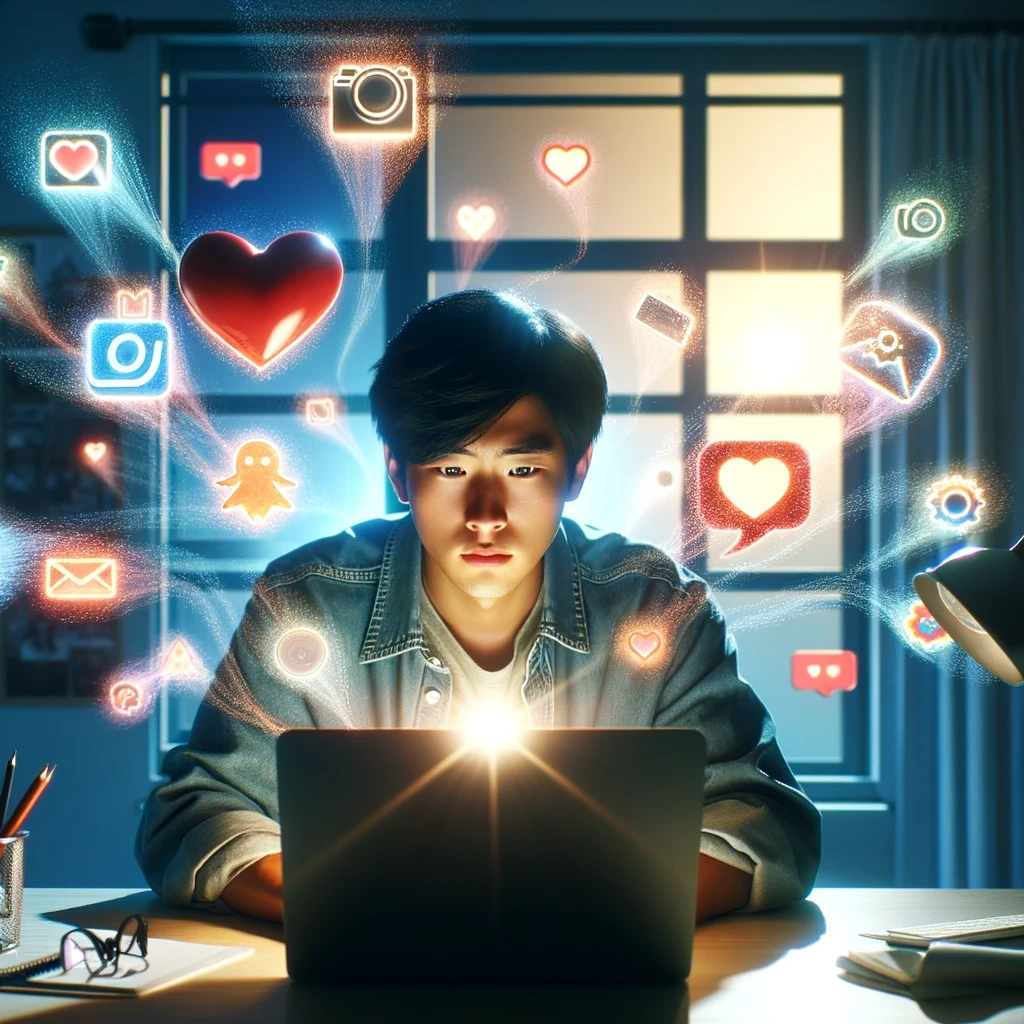Disconnecting from Social Media: Will It Change Your Life?
Social media addiction is real.
It has been a part of my life for as long as I can remember. Like many of you, I’ve spent countless hours scrolling through posts, double-tapping pictures, and watching one reel after another.
It’s amazing and scary at the same time noticing how these platforms have become an important part of our daily routines. Yet, over time, I began to notice social media was affecting my mental health, productivity, and overall happiness.
This blog is not about quitting social media altogether. Instead, I want to share my journey of gradually stepping back and finding a healthier relationship with these platforms.
Along the way, I’ve mentioned some incredible benefits of disconnecting from social media and added some practical tips you can follow to strike a balance. So, let’s explore them together.
Understanding the Problem
Before I decided to take a step back, I had to confront some harsh truths about my social media habits. Here are a few issues I noticed:
The Mental Toll
It’s no secret that social media can take a toll on mental health. In fact, studies show that 69% of adults and 81% of teens in the US use social media regularly.
For me, it wasn’t just about staying connected; it was the constant comparison. Seeing highlight reels of other people’s lives often made me feel inadequate.
Over time, I realized that these platforms weren’t a reflection of reality—just carefully curated snapshots. Once I understood this, it became easier to detach emotionally from what I saw online. This is a key part of understanding how does social media disconnects us from reality.
For those who find it hard to step away, tools like BeTimeful can be incredibly helpful. It hides your social media apps, letting you schedule timed breaks for scrolling. Try it free on iPhone and Android.
It helps you use social media without getting sucked in. It hides distracting news feeds and recommended videos on sites like Facebook, Instagram, Twitter, YouTube, and LinkedIn.
You can set time limits for scrolling or take scheduled breaks. It also helps track your screen time and keeps you away from distracting apps entirely.
Sleepless Nights
I'll admit it: I've lost sleep due to late-night scrolling. The blue light from my phone kept me up longer, and the constant stream of content made it difficult to put it down. If you've ever stayed up late viewing Instagram videos, you know what I'm talking about.
Sleep is essential for mental and physical well-being, so I knew this habit had to change. If you’re struggling with sleepless nights as well, you can use BeTimeful to block your apps, available for both iOs and Android.
FOMO: The Fear of Missing Out
Another issue was FOMO. Social media frequently made me feel as though I was missing out on great events or possibilities. This worry kept me coming back for more, establishing a loop that left me anxious and exhausted.
Productivity Pitfalls
I also observed how social media affects focus. Regular notifications can lure us away from daily tasks, and we might get caught into spending more time scrolling than working. Multitasking on social media and at work can really make us mentally tired.
Now that we've understood that the problem isn't social media itself, but our relationship with it, let's explore the benefits of disconnecting from social media.
Do you feel using too much social media is affecting your productivity? Betimeful can help! It tracks your screen time so you can see exactly where your time goes, making it easier to plan your day more effectively.
The Benefits of Disconnecting From Social Media
When I finally decided to take a break, even for short periods, I noticed significant changes in my life. Here are some of the key benefits I experienced:
Improved Mental Well-being
Taking a step back from social media had an immediate impact on my mood. Research supports this: a study found that people who avoided social media for a week reported lower levels of anxiety and depression. Personally, I felt lighter and more positive when I disconnected from social media
Better sleep was another bonus. Without the late-night scrolling, I enjoyed more restful nights, which helped improve my overall mental health.
More Physical Activity
With less time spent on my phone, I found myself moving more. I started taking walks, doing yoga, and even trying new workouts. Disconnecting from social media gave me the time and motivation to focus on my physical health.
Increased Productivity
Stepping away from social media also freed up hours in my day. I used that time to work on personal projects and pursue hobbies I had been neglecting. The mental clarity I gained made it easier to concentrate and get things done.
Stronger Relationships
One of the most rewarding aspects of disconnecting was the opportunity to deepen my real-life connections. I started having more meaningful conversations with friends and family. By prioritizing face-to-face interactions over digital ones, I felt more present and connected to my loved ones.
Rediscovering Hobbies and Passions
Social media often left me feeling like I didn’t have time for anything else. But when I reduced my usage, I rediscovered my love for painting, cooking, and writing. It was liberating to invest time in activities that truly brought me joy.
How To Disconnect Yourself From Social Media? (Practical Tips)
If you also question yourself: How to disconnect from social media? remember that you don’t have to completely shut down. Here’s few strategies that worked for me:
Start Small
You can't wake up one day and decide that you'll stop using social media. Instead, I advise you to take a gradual approach which involves small, manageable steps.
To start off, you can ask yourself:
-
Are there specific times of day when you get sucked into endless scrolling?
-
Which platforms consume most of your time and attention?
For me, it was Youtube. I often found myself going there to research something specific, only to emerge hours later, having watched countless unrelated videos. But, tools like Unhook are really helping me out.
It blocks your YouTube homepage and recommended videos so you can still search without getting distracted unless you need a timed break to scroll before your time is up. So try Unhook for free on both iPhone and Android.
Now, once you have an answer to these two questions, you can then set small realistic goals for yourself.
Set Boundaries
Creating boundaries was another great strategy that worked for me. I turned off notifications using BeTimeful during work hours and designated specific times for checking social media. Occasionally, I took a full day off, which helped me recharge.
Explore New Activities
Finding alternative activities was key to reducing my reliance on social media. I picked up hobbies like baking and gardening, which not only kept me busy but also brought a sense of accomplishment.
Practice Mindfulness
Mindful social media use became my mantra. I began questioning why I was logging in and how the content made me feel. This awareness helped me make better choices about when and how to engage online.
Closing Thoughts
My journey to disconnecting from social media wasn’t about abandoning it entirely; it was about finding balance.
By taking small steps, I’ve been able to enjoy the benefits of these platforms without letting them take over my life.
And if you also need a little extra help along the way, I highly recommend checking out BeTimeful.
This app hides your social media apps from your phone until it's time for a scheduled break. Enjoy timed scrolling sessions and reclaim your day. Try BeTimeful free on iPhone and Android!
So, try some of these strategies, you might be surprised at how much lighter and more fulfilled you feel.
And who knows? Maybe reclaiming your time and attention will help you discover something truly amazing about yourself, beyond the world of social media.
FAQs
Is social media addiction real?
Social media addiction is considered a behavioral addiction, similar to compulsive behaviors like gambling.
If you’re struggling with this addiction, you experience a loss of control over the use of social media platforms.
How does deleting social media benefit you?
However, it’s not possible to completely delete social media, but taking conscious steps and taking a break from social media can create space for more meaningful relationships, both with yourself and others.
Can we live without social media?
We live in a digital world, you cannot live without social media. But, you can always be mindful and decide how you control social media rather than it controlling you.



